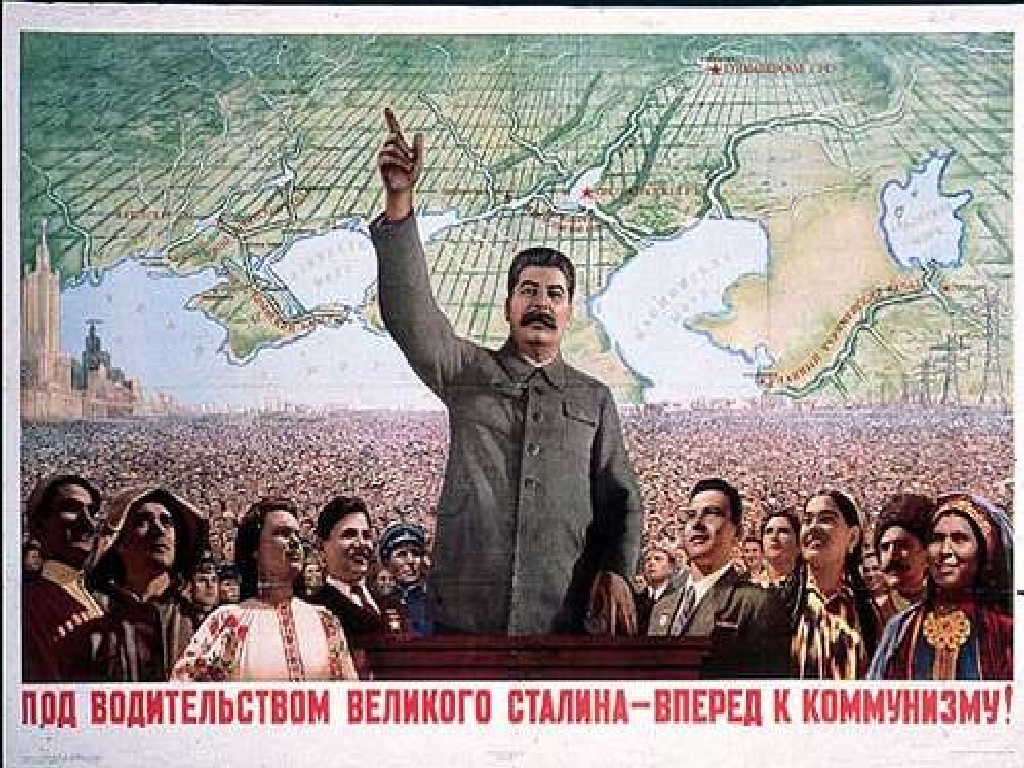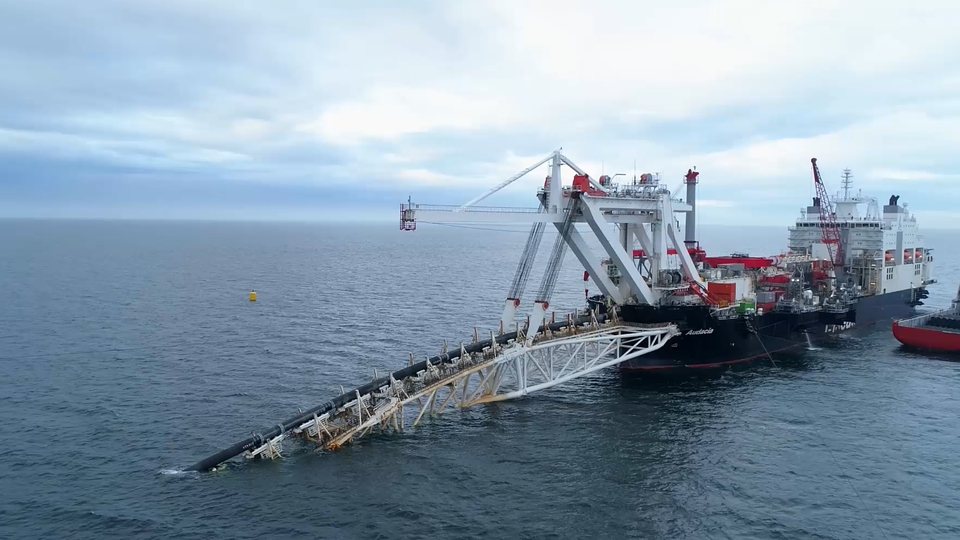In fact, his introductory caption summarizes precisely what is wrong with the article. It provides a highly Moscow-centric version of why relations with the West have fallen off the cliff, and that version is wrong because it is a highly distorted version of reality.
Trenin writes,
“Berlin is ending the era launched by Gorbachev of a trusting and friendly relationship with Moscow.”
The sentence implies that the break in the relations is a German initiative, rather than a response to a pattern of aggression and corrupt actions by Russia that forced Germany’s Chancellor Merkel to make an unprecedented official statement that Russian opposition figure Aleksei Navalny, who is being treated in a hospital in Germany, had been poisoned and by implication the Russian government was responsible. Subsequently, the poison was identified as Novichok, which strongly suggests a Russian state-sponsored killing, as with numerous murders in Russia and abroad before it.
The same tone continues throughout the article. For example, the first paragraph again places the responsibility on Germany for the poor relations with Russia, stating that
“Berlin will not try to understand the other side’s motivation or strive for mutual understanding and at least basic cooperation”, without mention of Russia’s behavior. Trenin also writes in the first paragraph about Navalny’s poisoning that “details of the incident are still largely unclear”, disingenuously failing to mention what makes the poisoning relevant, that the use of Novichok implicates the Russian government.
In Trenin’s writing, it is quite mysterious how Germany came to its “unflinching opposition…to Kremlin foreign and domestic policy” and its “harsh criticism of specific steps taken by Moscow.” Nowhere in the article is there parallel language about Russia to what is said about Germany.
Instead, the article is riddled with absurdities, such as that all politicians in the West who were sympathetic to Russia were eliminated in a strategic “purge of enemy influence”, rather than Russia having lost its support in the West through its own misconduct.
When Trenin arrives finally at what Russia must do to improve relations, specifically regarding the Navalny poisoning, his admonition is not that Russia establishes the truth but that it gets its story straight to be persuasive, unlike with the Litvinenko and Skripal poisonings or the shooting down of MH17 where Russia was all over the place with its stories.
Trenin simply glides over what brought us to this point is not German russophobia but that Putin’s Russia is a revisionist and criminal state lead by a predatory elite that is a threat to its people and to a stable international system. Germany is merely conceding—at last–the obvious that there is no basis for normal relations based on mutual respect until Moscow’s behavior changes.
It is not only that Trenin avoids the obvious for why Russia’s relations with the West are so bad. His article is riddled with the hallmarks of Russian disinformation. He omits essential facts about Russia’s conduct that provide context; he misrepresents the attitude of Germany that has bent over backward to overlook Russia’s behavior in order to maintain the illusion of mutually respectful relations; and, he suggests solutions that require Germany and the West to accept Russia’s current state as the basis for understanding, thereby placing the onus on Germany and the West to adjust. This is not the approach of an objective commentator. It is the approach of an apologist for Russian misconduct.
The reason this is wrong is that, with Russia, Germany and the West are not dealing with normal statecraft within the bounds of internationally acceptable behavior: Moscow’s murder of opponents is beyond the pale; invading other counties and occupying their territories is beyond the pale, as are gross violations of humanitarian principles; disrupting the democratic process in other countries is beyond the pale; sowing division in other countries for the sole sake of promoting conflict is beyond the pale; and the corruption of Western elites through influence operations (for example, thru illegal political donations) is beyond the pale—that Western elites too often have proven corruptible is a failing of the West but is not the point.
Trenin’s writing is a tour de force of misrepresentation, distortion, and evasion. It presents the Carnegie Endowment for International Peace, a Washington-based think tank, of which the Carnegie Moscow Center is an affiliate (Trenin is its Director), with a dilemma.
For example, the Center for the National Interest, another Washington think tank, is run by Dimitri Simes, who frequently writes opinion pieces in the Washington Times that display the same misrepresentation, distortion, and evasion while excusing Putin’s crimes. If Washington think tanks want to be credible, they have to distinguish between genuine differences in perspective and outright falsehoods. As we have come to learn in the US, lies are not alternative facts. They are lies.
Read more:
- Whataboutism strikes again in Russia’s disinformation campaign to discredit the MH17 investigation
- “An Unfounded Foundation”: How Russian-run fake Western thinktank look like
- How pro-Kremlin think tanks spread propaganda in the West
- Kremlin’s “information laundering”: Lie, manipulate, spread, change, spread again
- How Russia uses think-tanks to promote its foreign policy agenda
- How the Kremlin steals foreign news to shape views of domestic audiences
- One world, one author, one chain of command: meet another Russian disinformation outlet
- West still approaching conflict in Ukraine tactically rather than strategically, Shevtsova says (2015)






